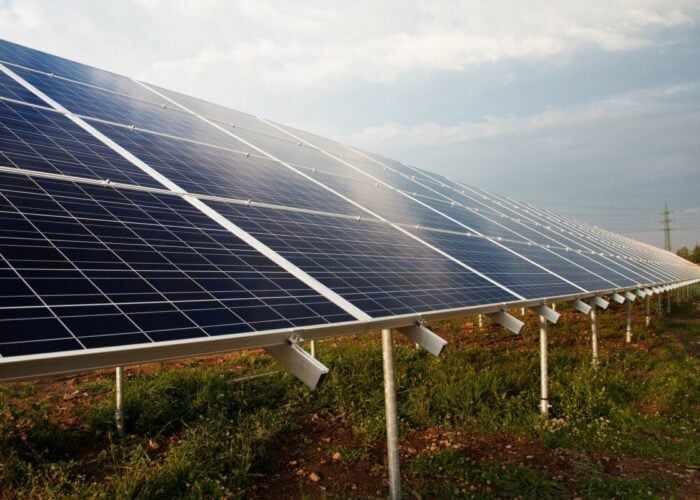
Turkey has launched its latest solar tender, seeking 800MW of generation capacity to be split between six projects in six regions across the country.
Applicants can submit bids until 27 January 2025 for contracts in Karapınar in the central Konya province (where 385MW of capacity is available), and the following five provinces: Karaman in the south (200MW), Malatya in the centre of the country (75MW), Van on the eastern border (60MW), Antalya on the south coast (40MW) and Kütahya in the west (40MW).
Try Premium for just $1
- Full premium access for the first month at only $1
- Converts to an annual rate after 30 days unless cancelled
- Cancel anytime during the trial period
Premium Benefits
- Expert industry analysis and interviews
- Digital access to PV Tech Power journal
- Exclusive event discounts
Or get the full Premium subscription right away
Or continue reading this article for free
Bids made under this tender can have a maximum price of 5.5 cents per kWh, and a minimum price of 2.35 cents per kWh. Once the ministry of energy and natural resources names the winning bids, projects will be able to sell electricity generated on the free market for the first five years of production, and will then be supplied to TEİAŞ, the Turkish transmission system operator, for the next 20 years.
The regions earmarked for the new solar projects are considered Renewable Energy Resource Areas (YEKAs), which were implemented in 2016 to accelerate the installation of new renewable power capacity in a number of regions across the country. The programme has already borne fruit, with Turkish conglomerate the Kaylon Group winning a bid for a 1.35GW project in Karapınar in the first round of tenders held in 2017, which was commissioned last year.
“Today, we announced the 800MW [solar power] tender in the Official Gazette,” said minister of energy and natural resources Alparslan Bayraktar. “We aim to hold at least two 1,000MW YEKA tenders every year. We will reach 120,000MW of solar and wind installed capacity by 2035.”
While the new tendered capacity is significant, it is a reduction on the capacity offered in previous years, with the government holding YEKA tenders for at least 1GW of solar capacity in 2017 and 2022. The latest round of tenders suggests that the government is looking to the wind sector to account for a greater proportion of the country’s clean energy mix, with the ministry launching a YEKA tender for 1.2GW of wind power this week.
This would be a change to recent trends in the Turkish power sector, with Ember noting that, at the start of this year, installed solar capacity outpaced installed wind capacity in Turkey for the first time.
However, wind power has historically been a larger contributor to Turkey’s clean energy mix, accounting for 10.59% of domestic electricity production in 2023, according to Ember. This compares to 5.75% for solar; but both renewable power sources contribute less than fossil fuels, with coal and gas responsible for 36.9% and 20.8% of electricity production, respectively.
There is also the concern that relying heavily on solar power could lead to a reliance on overseas imports Last month, Turkey applied antidumping tariffs to solar module products imported from Croatia, Jordan, Malaysia, Thailand and Vietnam. While there are some exemptions to this tariff, Turkey has historically been a net importer of energy, with net energy imports of 71.7% in 2023, and a 141% increase in energy imports between 2000 and 2023.






